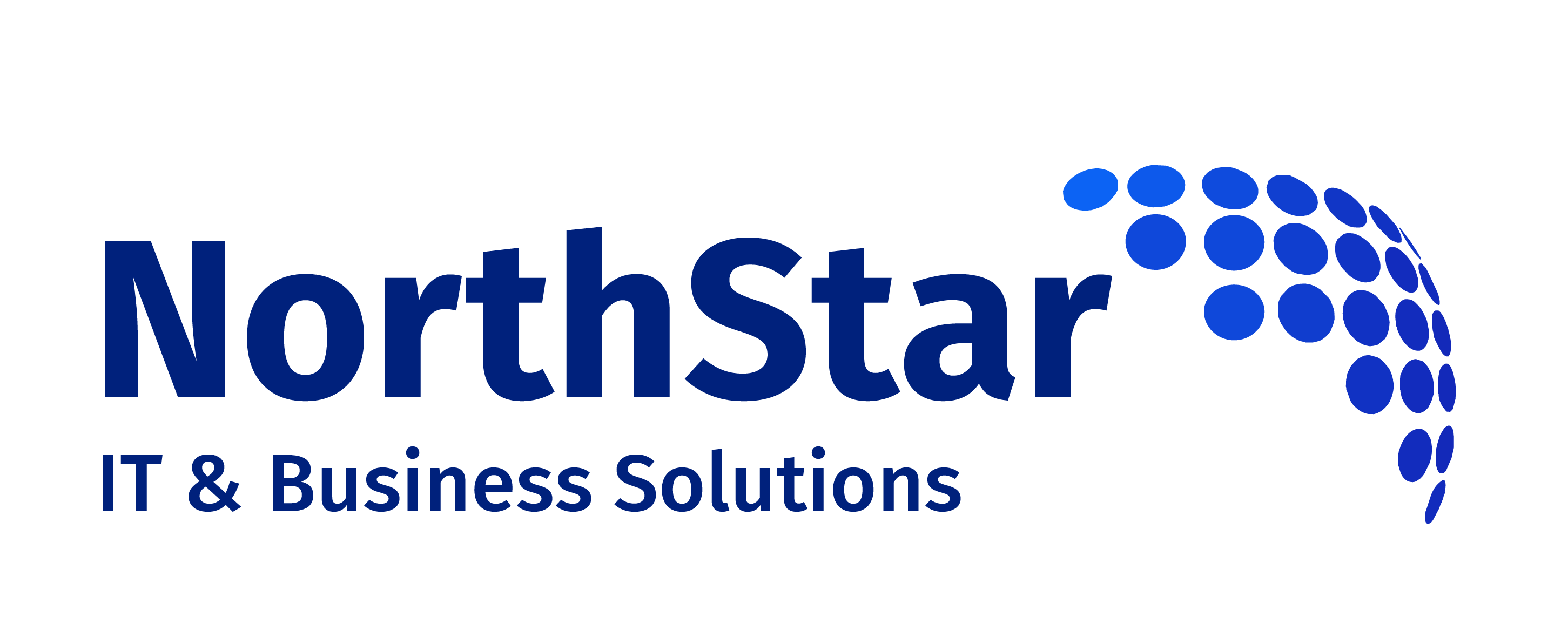Definition of SEO
Search Engine Optimization (SEO) is the practice of increasing the quantity and quality of traffic to a website through organic search engine results. It involves optimizing various elements of a website — including content, structure, and on-page elements like keywords and meta tags — to improve its visibility and ranking on search engines like Google and Bing. The goal of SEO is to make a site more attractive to search engines, thereby increasing its chances of appearing higher in search results for relevant queries.

Importance of SEO in Digital Marketing
SEO is a crucial component of digital marketing because it directly affects the visibility of a website or online content. A well-optimized website can attract more traffic, which often translates into increased brand awareness, higher sales, and growth in revenue. Unlike paid advertising, SEO provides a potentially long-term, cost-effective strategy to generate traffic. It helps businesses reach their target audience organically, ensuring that those who visit their website are more likely to be interested in their products or services. Moreover, SEO can improve user experience, making it more likely for visitors to engage with the content, become repeat visitors, or convert into customers.
Brief History of SEO and Its Evolution
The history of SEO dates back to the 1990s, when search engines first emerged. In the early days, search engines relied heavily on keyword density and meta tags to rank websites. This led to practices like keyword stuffing and meta tag manipulation.
As the internet evolved, so did search engines and SEO tactics. Google’s arrival in 1998 brought significant changes, introducing algorithms that considered factors beyond keywords, such as backlinks, to determine website relevance and authority.
The early 2000s saw more sophisticated algorithms focusing on content quality, relevance, and user experience. Google’s updates like Panda (2011) and Penguin (2012) targeted low-quality content and unethical link-building practices, respectively.
In recent years, SEO has continued to evolve with the increasing importance of mobile optimization, local SEO, and voice search. Search engines now use advanced artificial intelligence to better understand user intent and provide more personalized search results. This has shifted the focus towards creating high-quality, relevant, and user-friendly content.
Today, SEO is an integral part of a comprehensive digital marketing strategy, requiring continuous adaptation to the ever-changing algorithms and user behavior
How search engines work (crawling, indexing, and ranking).
Crawling: This is the first step where search engines use bots (often called spiders or crawlers) to discover new and updated content. These bots navigate the web by following links from one page to another. During this process, they gather information from these web pages and bring it back to the search engine’s servers.
Indexing: After a page is crawled, it’s indexed. This means the content of the page is stored and organized in a vast database. When a page is indexed, it’s in the running to be displayed as a result to relevant queries. The search engine analyzes the content, images, and video files on the page, understanding what the page is about. This is crucial for the next step, ranking.
Ranking: When a search query is made, the search engine sifts through its indexed pages to provide the most relevant results. The pages are ranked based on various factors, including keywords, site usability, page speed, and many other signals. The goal is to provide users with the best and most relevant results for their query.
Regarding the overview of major search engines like Google and Bing:
Google: It’s the most widely used search engine globally, known for its sophisticated algorithms and updates. Google emphasizes relevance, quality of content, user experience, and the use of AI to understand and predict user intent.
Bing: Microsoft’s Bing is another major player, known for its integration with Microsoft products and services. While similar to Google in many aspects, Bing sometimes shows different results, owing to its unique algorithm and ranking factors.
The differences in search engine algorithms primarily revolve around how they interpret a user’s query and the factors they consider most important in ranking web pages. For example, Google might prioritize certain types of content or website credibility more heavily than Bing. Each search engine continuously updates its algorithms, often aiming to improve the relevance and quality of the results presented to users. These continuous updates mean that SEO strategies need to be flexible and adaptable to the changing landscapes of these search engines.
Importance of Keyword Research in SEO
Understanding Your Audience: Keyword research helps you understand the terms and phrases your target audience uses to search for your products or services. This insight is crucial for creating relevant content.
Improving Visibility: By targeting the right keywords, your website can rank higher in search engine results pages (SERPs), increasing visibility and traffic.
Content Relevance: Keywords guide your content strategy, ensuring your content is relevant and useful to your audience, which search engines favor.
Competitive Analysis: Knowing the keywords your competitors rank for can provide insights into market trends and help you identify opportunities.
Increased Conversion: By targeting keywords with high purchase intent, you can attract more qualified traffic, leading to better conversion rates.
Tools for Keyword Research
Google Keyword Planner: Integrated with Google Ads, it provides data on search volume, competition, and related keywords. Ideal for understanding what your audience is searching for.
SEMrush: Offers comprehensive keyword data, including search volume, keyword difficulty, and competitive analysis. Also provides insights into competitors’ keyword strategies.
Ahrefs: Known for its extensive backlink analysis, Ahrefs also offers keyword research tools with detailed insights into keyword difficulty and SERP analysis.
Moz Keyword Explorer: Provides keyword suggestions, SERP analysis, and search volume data. Also offers unique metrics like organic CTR and keyword priority.
Techniques for Finding and Selecting the Right Keywords
Understand Search Intent: Categorize keywords based on intent – informational, navigational, transactional, or commercial. Align your content with the intent.
Long-Tail Keywords: Focus on long-tail keywords as they are less competitive and often have a higher conversion rate due to their specificity.
Analyze Competitors: Look at the keywords your competitors are ranking for to identify gaps in your strategy or new opportunities.
Use Keyword Tools Effectively: Utilize the advanced features of keyword research tools to find hidden opportunities and track trends.
Regular Updates: Keyword trends change over time. Regularly update your keyword research to stay relevant.
Integration with Content: Seamlessly integrate keywords into your content. Avoid keyword stuffing; focus on natural, engaging, and valuable content.


